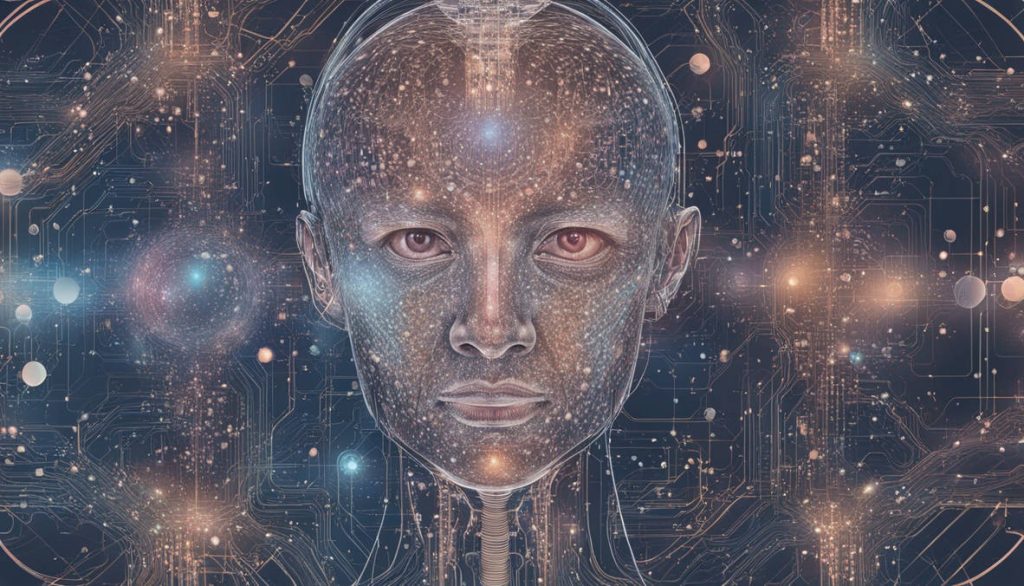Generative AI, a subset of artificial intelligence, has emerged as a transformative force across various domains. Unlike traditional AI systems that rely on pre-existing data, generative AI models learn patterns and relationships within vast datasets to generate new, original content. This groundbreaking technology is poised to revolutionize creativity and innovation in ways previously unimaginable.
Key Applications of Generative AI:
- Content Creation:
- Text Generation: AI models can now generate human-like text, including articles, poems, code, and scripts, assisting writers and marketers in content creation.
- Image Generation: Tools like DALL-E 2 and Midjourney can create stunning and imaginative images from simple text descriptions, opening up new avenues for artists and designers.
- Music Composition: AI algorithms can compose original music pieces, explore new musical styles, and even personalize music experiences for individual listeners.
- Drug Discovery: Generative AI accelerates drug discovery by designing novel molecules with desired properties, predicting their interactions, and optimizing drug development pipelines.
- Material Science: AI models can predict the properties of new materials, leading to the development of advanced materials for applications in energy, electronics, and aerospace.
- Art and Design: Generative AI empowers artists to explore new creative frontiers, pushing the boundaries of artistic expression and generating unique and innovative artworks.
- Customer Service: AI-powered chatbots can engage in more human-like conversations, providing personalized customer support and enhancing customer satisfaction.
Benefits of Generative AI:
- Increased Efficiency: Automates repetitive tasks, freeing up human resources for more creative and strategic endeavors.
- Enhanced Creativity: Sparks new ideas, provides fresh perspectives, and unlocks new creative possibilities.
- Personalized Experiences: Enables personalized experiences across various domains, from entertainment and marketing to education and healthcare.
- Accelerated Innovation: Drives rapid advancements in various fields, including drug discovery, material science, and renewable energy.
Challenges and Considerations:
- Ethical Concerns: Concerns around copyright infringement, bias, and the potential misuse of generative AI for malicious purposes require careful consideration and responsible development.
- Job Displacement: The automation of certain tasks by generative AI may lead to job displacement in some sectors.
- Data Bias: AI models trained on biased data can perpetuate and amplify existing societal biases.
The Future of Generative AI:
Generative AI is still an evolving field with immense potential. As research and development continue, we can expect to see even more sophisticated and impactful applications of this transformative technology.



